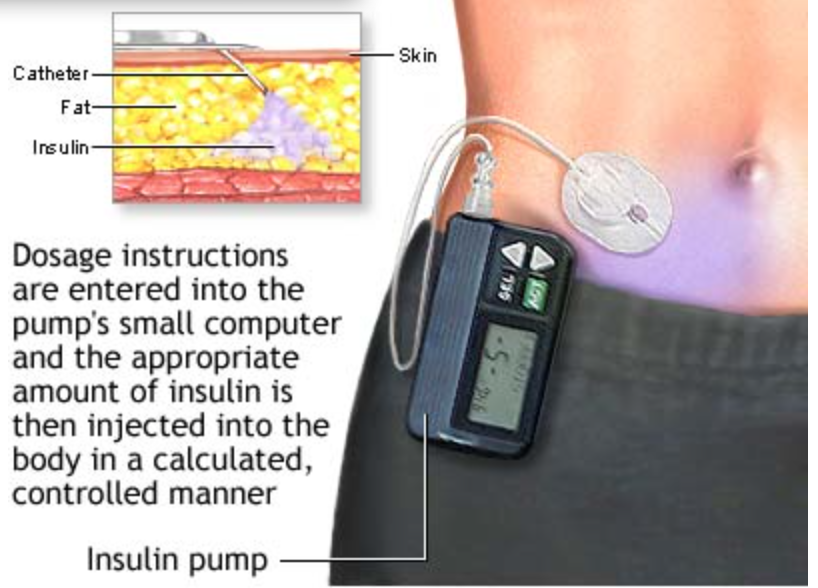- Home
- Medical news & Guidelines
- Anesthesiology
- Cardiology and CTVS
- Critical Care
- Dentistry
- Dermatology
- Diabetes and Endocrinology
- ENT
- Gastroenterology
- Medicine
- Nephrology
- Neurology
- Obstretics-Gynaecology
- Oncology
- Ophthalmology
- Orthopaedics
- Pediatrics-Neonatology
- Psychiatry
- Pulmonology
- Radiology
- Surgery
- Urology
- Laboratory Medicine
- Diet
- Nursing
- Paramedical
- Physiotherapy
- Health news
- Fact Check
- Bone Health Fact Check
- Brain Health Fact Check
- Cancer Related Fact Check
- Child Care Fact Check
- Dental and oral health fact check
- Diabetes and metabolic health fact check
- Diet and Nutrition Fact Check
- Eye and ENT Care Fact Check
- Fitness fact check
- Gut health fact check
- Heart health fact check
- Kidney health fact check
- Medical education fact check
- Men's health fact check
- Respiratory fact check
- Skin and hair care fact check
- Vaccine and Immunization fact check
- Women's health fact check
- AYUSH
- State News
- Andaman and Nicobar Islands
- Andhra Pradesh
- Arunachal Pradesh
- Assam
- Bihar
- Chandigarh
- Chattisgarh
- Dadra and Nagar Haveli
- Daman and Diu
- Delhi
- Goa
- Gujarat
- Haryana
- Himachal Pradesh
- Jammu & Kashmir
- Jharkhand
- Karnataka
- Kerala
- Ladakh
- Lakshadweep
- Madhya Pradesh
- Maharashtra
- Manipur
- Meghalaya
- Mizoram
- Nagaland
- Odisha
- Puducherry
- Punjab
- Rajasthan
- Sikkim
- Tamil Nadu
- Telangana
- Tripura
- Uttar Pradesh
- Uttrakhand
- West Bengal
- Medical Education
- Industry
Insulin pumps safe for five years, says a new study

Positioning it as a viable alternative to insulin injections for treatment of patients with type 2 diabetes, a new study has stressed on the option of insulin pumps for long-term treatment. The study states that Insulin pumps are safe for up to five years in patients with type 2 diabetes and could be a useful option for those who have failed to control their blood glucose levels through insulin injections.
"Insulin pumps can act as a valuable new treatment option, especially for those individuals failing on current injections regimens," said study author Priyamvada Singh, MD, St. Vincent Hospital, Worcester, Massachusetts.
She added that around 30 percent of type 2 diabetes patients who require insulin injections fail to gain control over their blood glucose levels through daily multiple injections of basal and bolus insulin. In such cases, "insulin pumps can act as a valuable new treatment option."
The study involved only 13 participants, but it was the longest ever trial concerning insulin pumps and type 2 diabetes, diabetes.co.uk reported on Wednesday.
A lack of long-term data has led to a reluctance to provide insulin pump therapy to people with type 2 diabetes.
"This patient population [had been] very frustrated because they had tried everything. Most of them were very happy," Singh said.
All participants in the study had HbA1c levels higher than seven percent and all were on either an insulin regimen or insulin plus metformin.
After five years, the average HbA1c level had dropped from 8.9 percent to 7.7 percent. One participant's HbA1c dropped from 10.5 percent to 6.6 percent. There was a small amount of weight gain and three participants experienced mild episodes of hypoglycemia.
According to Singh, much larger studies are needed to confirm the findings, which were presented on September 17 at the European Association for the Study of Diabetes (EASD) 2015 Meeting in Stockholm, Sweden.
"Insulin pumps can act as a valuable new treatment option, especially for those individuals failing on current injections regimens," said study author Priyamvada Singh, MD, St. Vincent Hospital, Worcester, Massachusetts.
She added that around 30 percent of type 2 diabetes patients who require insulin injections fail to gain control over their blood glucose levels through daily multiple injections of basal and bolus insulin. In such cases, "insulin pumps can act as a valuable new treatment option."
The study involved only 13 participants, but it was the longest ever trial concerning insulin pumps and type 2 diabetes, diabetes.co.uk reported on Wednesday.
A lack of long-term data has led to a reluctance to provide insulin pump therapy to people with type 2 diabetes.
"This patient population [had been] very frustrated because they had tried everything. Most of them were very happy," Singh said.
All participants in the study had HbA1c levels higher than seven percent and all were on either an insulin regimen or insulin plus metformin.
After five years, the average HbA1c level had dropped from 8.9 percent to 7.7 percent. One participant's HbA1c dropped from 10.5 percent to 6.6 percent. There was a small amount of weight gain and three participants experienced mild episodes of hypoglycemia.
According to Singh, much larger studies are needed to confirm the findings, which were presented on September 17 at the European Association for the Study of Diabetes (EASD) 2015 Meeting in Stockholm, Sweden.
Meghna A Singhania is the founder and Editor-in-Chief at Medical Dialogues. An Economics graduate from Delhi University and a post graduate from London School of Economics and Political Science, her key research interest lies in health economics, and policy making in health and medical sector in the country. She is a member of the Association of Healthcare Journalists. She can be contacted at meghna@medicaldialogues.in. Contact no. 011-43720751
Next Story


